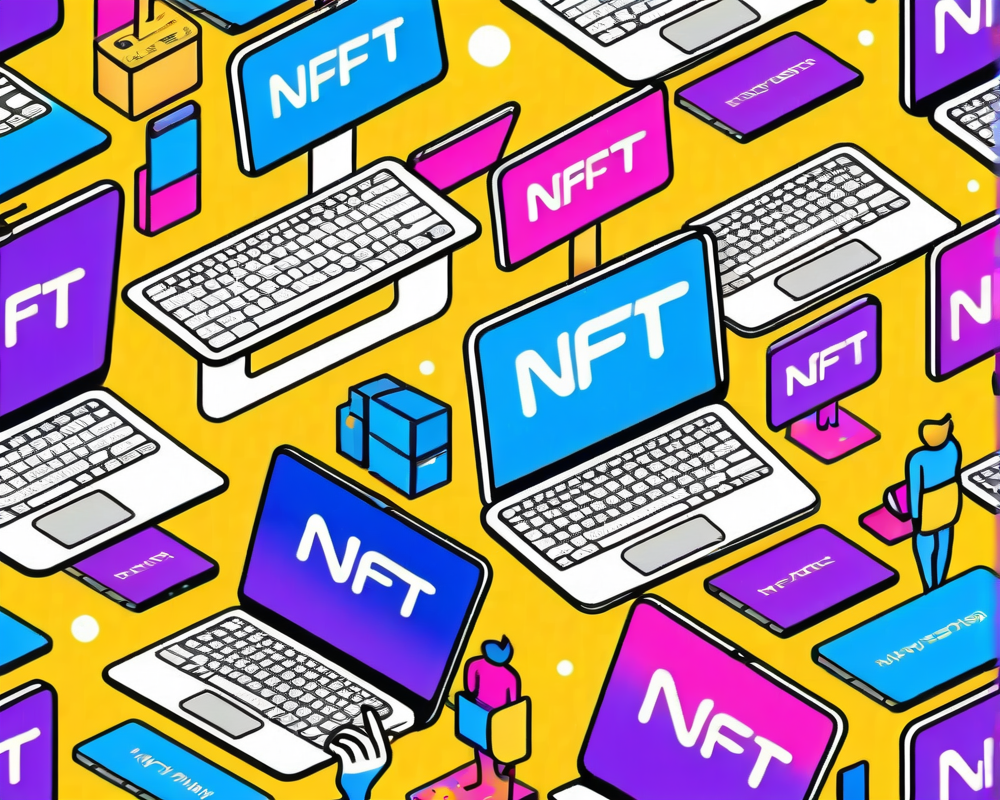Lost Passwords and Stolen Fortunes
Imagine having a treasure chest filled with gold, but the key is a fleeting thought buried deep in your memory. This is the plight of Stefan Thomas, a German-born programmer located in San Francisco, who has a whopping 7,002 Bitcoin (BTC) locked away on a hard drive. Sounds like a twist from a tech-themed heist movie, right? Well, in reality, it’s Thomas’s very lived nightmare as he struggles to remember the password to his IronKey, with only two attempts remaining before his life’s work is rendered permanently inaccessible.
The Pain of Remembering
As the clock ticks down to the moment of truth, Thomas describes his nighttime wrestling with the password predicament. “I would just lay in bed and think about it. Then I would go to the computer with some new strategy,” he confides, only to return to bed defeated. Can you relate? We’ve all turned a simple password into a mountain of anxiety.
Stranded Bitcoin: A Digital Graveyard
When we talk about lost Bitcoin, it’s not just a case of forgetfulness; it’s a phenomenon. According to slick analysts at Chainalysis, nearly 20% of all existing Bitcoin — approximately 18.5 million BTC — are considered lost forever, abandoned in what we’ll affectionately call “stranded wallets.” It’s the financial equivalent of losing your keys in the couch cushions of life.
In fact, it seems our dear friend Thomas isn’t the outlier in this digital gold rush: a fellow entrepreneur from Los Angeles, Brad Yasar, spent *hundreds of hours* diving into the abyss of lost wallets. His solution? Vacuum-sealed bags – not for the Bitcoin, but for the hard drives out of mind’s reach.
Wallet Recovery: A Growing Industry
The lost key epidemic is so widespread that Wallet Recovery Services logs about 70 requests each day from desperate souls trying to reclaim their digital fortunes. That’s three times the volume from the funky days before Bitcoin’s latest bull run. Kawabunga, as they say!
The Double-Edged Sword of Self-Custody
Stefan’s misfortune has left him gravely skeptical about the whole “be your own bank” philosophy. While banks do charge fees for services, they do remove the burden of self-management—just ask him or any other of the million-dollar-missing folks. “Do you make your own shoes?” he asks. Touché, my friend, touché. On the flip side, a Barbados entrepreneur, despite losing *800 BTC*, expresses a surprisingly bright outlook: “The risk of being my own bank comes with the reward of being able to freely access my money.” That’s the spirit! One person’s loss is another’s… well, motivating reminder to double-check your passwords!



